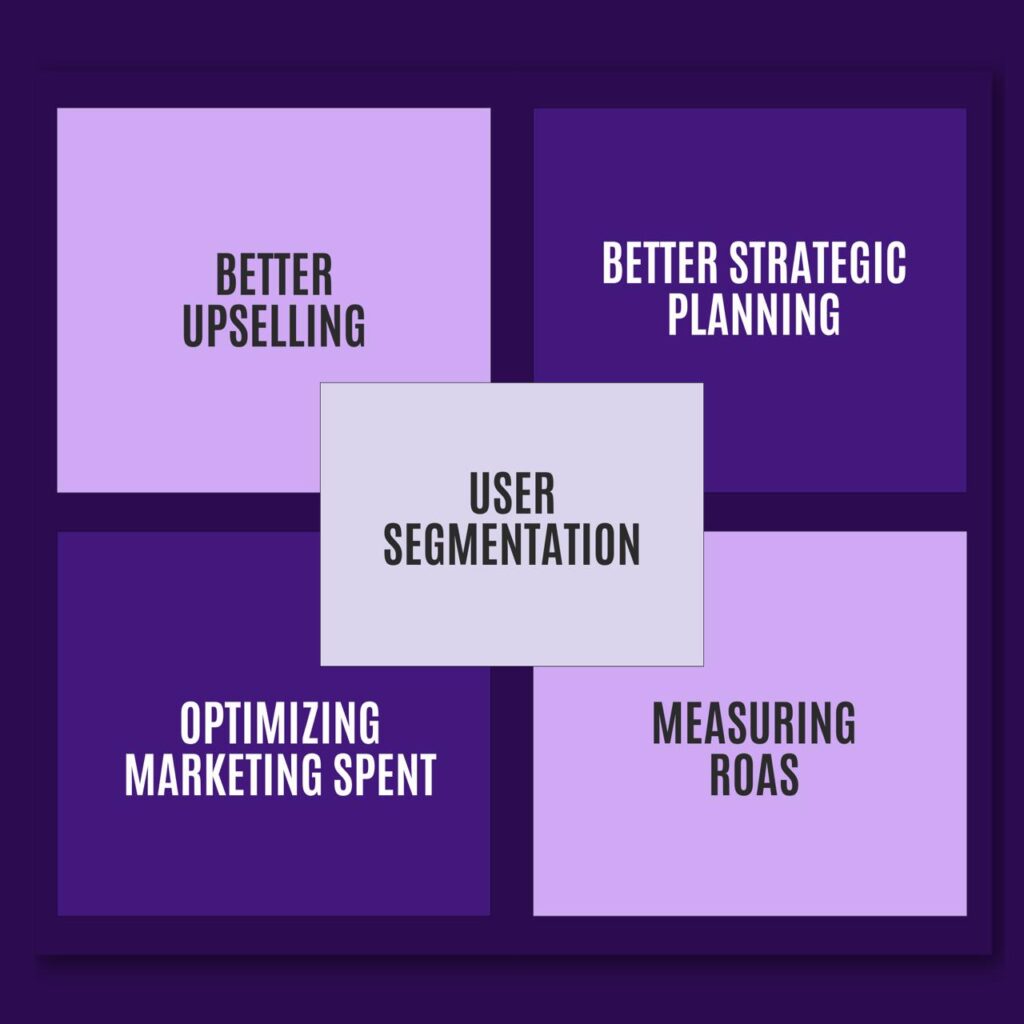Business Intelligence
Transform Your Digital Campaigns with Server-Side Monitoring – Business Intelligence
Business Intelligence Services
Market Mix Modelling
MMM analyzes sales and marketing data to estimate the impact of marketing activities on sales.
Lead Scoring
Lead scoring assigns numerical values to leads based on attributes like professional information and website engagement.
Propensity Modelling
Propensity modeling predicts the likelihood of specific events (e.g., purchases) based on historical behavior.
Revenue Prediction
Revenue forecasting estimates future income by analyzing historical data, market trends, and other factors.
User Segmentation
User segmentation categorizes customers based on shared characteristics (e.g., demographics, behavior).
Attribution Modelling
Attribution models allocate credit to different touchpoints in a customer’s journey.
Why Your Business Needs Business Intelligence Services
BI helps identify patterns in customer behavior and purchasing habits, allowing businesses to offer targeted upsell opportunities. By analyzing previous purchases and preferences, companies can recommend complementary products or higher-tier offerings, increasing sales.
With BI, businesses can use data-driven insights to make informed decisions, anticipate trends, and set realistic goals. This leads to more effective strategic planning, helping organizations stay competitive and agile in a rapidly changing market.
BI tools allow businesses to track the performance of marketing campaigns in real-time. By analyzing which channels and tactics deliver the best results, companies can allocate their marketing budget more efficiently, reducing waste and maximizing ROI.
Return on Ad Spend (ROAS) is a critical metric for evaluating the success of advertising campaigns. BI helps track and measure ROAS by integrating data from multiple sources, providing a clear picture of which campaigns are driving revenue and which need adjustment.
BI enables businesses to segment their customer base into distinct groups based on factors like behavior, demographics, and preferences. This segmentation allows for more personalized marketing, better customer experiences, and ultimately, higher conversion rates.

Related Blogs

Leverage Analytics for Directional Insights and Not Absolute Accuracy
Discover why businesses should use analytics for directional insights rather than chase perfect accuracy. Learn

Unlock the Power of GenAI for Personalized Experiences
GenAI for Personalized Experiences creates tailored interactions, boosting engagement by 60% and conversions by 20%,

Prepare for a Cookieless World: Powerful Strategies & Tips
Prepare for a Cookieless World: Discover how GenAI can revolutionize personaliztn, boost engagement, and address

Why Businesses Need To Be Personalize ?
Discover why businesses need to be personalize. MetricVibes helps tailor customer experiences with AI, boosting

Do ad blockers really block data to Google Analytics?
Ad-blockers are used by 42.7% of global internet users as of 2023, leading to significant
Frequently Asked Questions
Business Intelligence (BI) refers to the technologies, processes, and tools that help organizations collect, analyze, and present data to make informed business decisions. It involves transforming raw data into actionable insights.
BI provides several benefits, including better decision-making, competitive advantage, cost savings, and improved customer satisfaction. It helps businesses stay agile and responsive in a dynamic market.
BI can analyze various types of data, such as sales figures, customer demographics, inventory levels, website traffic, and social media interactions. It can handle structured (e.g., databases) and unstructured (e.g., text) data.
BI provides real-time insights, trend analysis, and predictive modeling. Decision-makers can use these to optimize processes, allocate resources, and identify growth opportunities.
Common challenges include data quality issues, integration complexities, user adoption, and selecting the right BI tools. Organizations need a clear strategy and skilled personnel.

